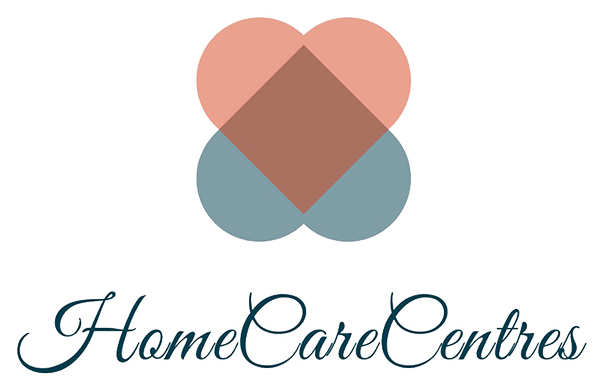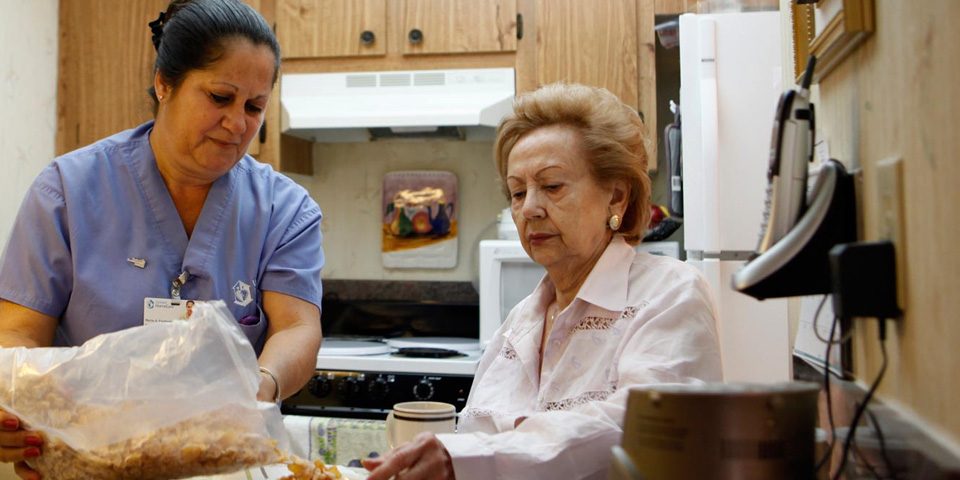
Becoming a family caregiver is life changing for both the person receiving the care, and the person now entrusted with the new responsibilities.
It is common knowledge that at some point in life you will either be a caregiver to an elderly person, a family member, a spouse, a neighbor, or require the help of an in-home caregiver for you or a loved one.
Is this a learned skill, do you just do the best you can when the need arises, or would you rely on paid in-home caregivers?
How long do you think you can do the job 24/7 being always on call?
Are you prepared for the various turns, emergencies, and decision-making that comes with the territory?
On Saturday evening sitting in front of an assisted living facility and watching people come and go, dropping off loved ones, and picking up loved ones for that weekly Saturday dinner out with the family and pre mother's day dinner it brought to mind how many people fall into the family caregiving journey every day.
These were family members actively taking on the loving and sometimes thankless job of caring for an aging adult. One thing that was definitely obvious is the need for the assistance of trained caregivers in the family unit not just for a dinner outing, but for other tasks which can become laborious and so repetitious.
Not saying you will need a caregiver to go out to dinner although I have seen it requested many times. It is good to know though of that availability. The caregiver's job is varied, busy and always interesting as you may know just from observing others even if you have not needed to perform the job yourself.
One beautifully dressed woman came out with her elderly mother and instructed her mother to sit on the bench as she goes to bring the car around. Her mother seemed weak in the knees and we later learned why she even seemed weak. The Mom said to her daughter that she couldn't walk any further and really needed her cane. The daughter who was wearing six-inch sandals walking on a cobblestone walkway admonished her mother with the words "why don't you have your cane?".
We thought well the Mom lived there at the facility and maybe it would take at least ten minutes for her daughter to go back and get the cane. Later we found out why that could not be a solution.
So mother sat down, and daughter ambled her way to the parking lot in those heels on the cobblestone driveway to get the car. Then mother starts talking with us saying how much she liked the facility and was moving there in a few days.
We said, "oh so you were having your tour?" She said, "yes". Then we realized the lady just had been quite tired and if they were going on a tour where she would be doing a lot of walking how did her daughter not make sure she had her cane?
That is something a person working every day as a caregiver would not miss. Not criticizing the lady's daughter. She probably is at the start of her journey. But these are the very good-hearted individuals who can use the help of an in-home caregiver when it gets quite hectic.
As a caregiver observing family members do caregiving you could easily justify the need for more help for the family members doing these extremely important duties.

Ways to make your family caregiver job easier
If you are taking your loved one out grocery shopping, or in this case to a tour of a large facility, where they will view their future home apartment understand that they will be a lot of walking.
You will be looking at some activity rooms, the dining room, the pool area, the gym, the mailbox set up, where the elevators are located, where happy hour is held every day, the game rooms, and on top of all that walking will be the mental strain of trying to digest all these great activities they say you will be able to participate in every day if you so choose. It is tiring and draining for someone in their late years of adulthood. Make sure they brought a walker if they use one or their cane if they use one.
When taking aging adults out shopping for groceries who are already using a walker they usually say I will push the shopping cart. They are not yet ready to accept that they need the aid of a walker. But, that walker could make the difference between a fall and hospitalization. You may want to gently insist that the walker will be a part of the shopping trip.
How about when they tell you oh I took my medications but, you check and it's Saturday morning but the Friday meds are still in the container. You either purchase a medicine reminder or have an in-home caregiver do reminder visits once or twice a day. This is especially easier if your loved one lives in a facility. Then an agency may already be doing private work there and are willing to make fifteen-minute medicine check-in calls by visiting and making sure they are taking their prescriptions. Usually, you will need to pay for an hour of service. Check around for rates. Just know that in-home caregivers are not allowed to dispense the medication, just to watch the individual and guide them into taking their prescription.
For some families the daily bath is not only a chore it is a hassle. Believe it not there are folks who seem as if they despise taking a nice shower and feeling fresh. This may be the result of their illness so no it's not that they are horrible nasty people. Kindness may go a long way here. Be patient and when all fails call in an in-home caregiver. You can perhaps get someone who comes in just to give a bath. You may need to do a minimum of two hours per shift although one hour is sometimes sufficient.

How an in-home caregiver makes a difference.
So why the story at the beginning with the lady not having her cane? When you begin the caregiver journey you need to look for clues as to what your loved one needs right now.
Knees are weak, hips hurt, backaches, breathing is labored sometimes, memory failing, not taking their medications, will not take a shower, and much more? Those are worrisome symptoms that visit our families every day. Guided by your doctor you may get pointers as to when the need for an in-home caregiver is best needed but, you may know even sooner.
An in-home caregiver is trained to look for and report clues of declining conditions. They know to be proactive. They are drawn into this profession because they genuinely care about people and naturally love to aid others.
An in-home caregiver will know how to encourage your loved one to take a shower, or have their meals on time, or go for that very important walk, get them ready for bed at night making sure all the little comforts that make a loved one feel tucked in in bed are reachable.
Some people like to read in bed, watch TV, talk on the phone. So is the remote control where they can reach it, or their glasses and favorite book or magazine, face tissue, and yes they snack!!
These are some of the comforting preparations an in-home caregiver will make sure your loved one has before leaving for the evening. That is so simple you may say, but right now we will leave the rough parts of the job out, such as the accidental unpleasant clean-ups or emergency showers. That will be another day's discussion.
A paid in-home caregiver can take the load off you for a number of hours per week or 24/7. Their job is to assist you by being proactive for example making sure someone who has once fallen will not ignore their walker. Seek a service in your area such as https://caregiverdays.com which serves Seminole and Orange counties in Florida.
You just want some respite from your caregiving duties as the family caregiver. There are many services such as this one in your neck of the woods also. You can find the one that best serves your needs. There is the very handy SeniorLivingGuide.com site which has an enormous amount of information you may find helpful.
Trained caregivers who come into your home are certainly skilled at being patient and anticipatory of what is needed. When you begin your caregiving journey there are simple ways that you can be more effective with your loved one. Be patient, anticipate, and plan for trips when you take them out. And when the going gets tough hire a caregiver to help you care for your loved one and get the respite you need.
Until next time,
Ruth Y. Webster
-Caregiver Daze


4 comments
Hello There. I found your blog using msn. This is a very well written article. I will make sure to bookmark it and come back to read more of your useful information. Thanks for the post. I will definitely return.
scary costumes[/url]With havin so much content do you ever run into any issues of plagorism or copyright infringement? My site has a lot of exclusive content I’ve either authored myself or outsourced but it looks like a lot of it is popping it up all over the web without my authorization. Do you know any techniques to help reduce content from being ripped off? I’d genuinely appreciate it.
dolphin costume[/url]my friends from work and I have been hoping for. This kind of details on this forum is one of a kind and needed and will help my friends at work in our studies quite a lot. It appears as if everyone acquired a lot of info concerning the things I am interested in and other pages and information like wise show it. I’m usually not on the net very much however when I have some time i’m more often than not scouring for this sort of knowledge or stuff similarly having to do with it. When anyone gets a chance, check out at my website. [url=https://bioscienceadvising.com/professional-proofreading-editing-benefits]certified federal scientific grant author[/url]
Sending virtual hugs to everyone on homecarecentres.com!